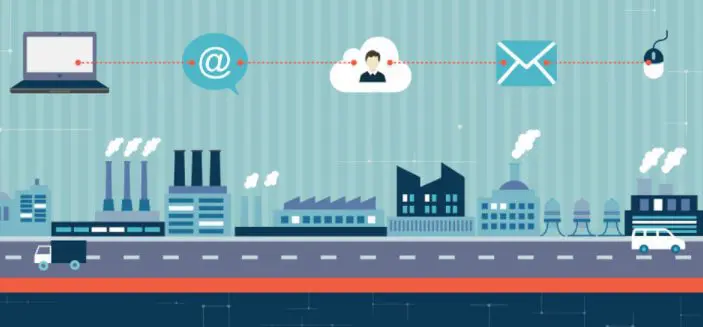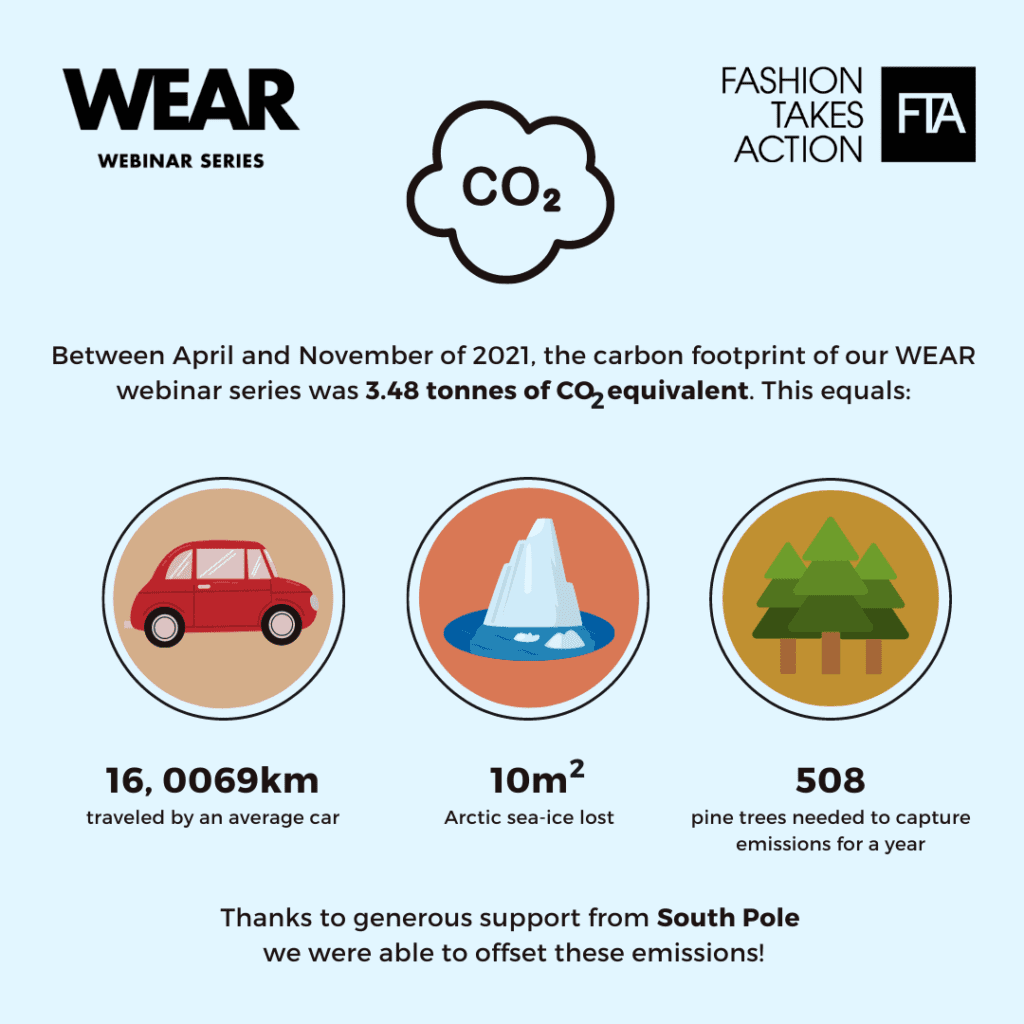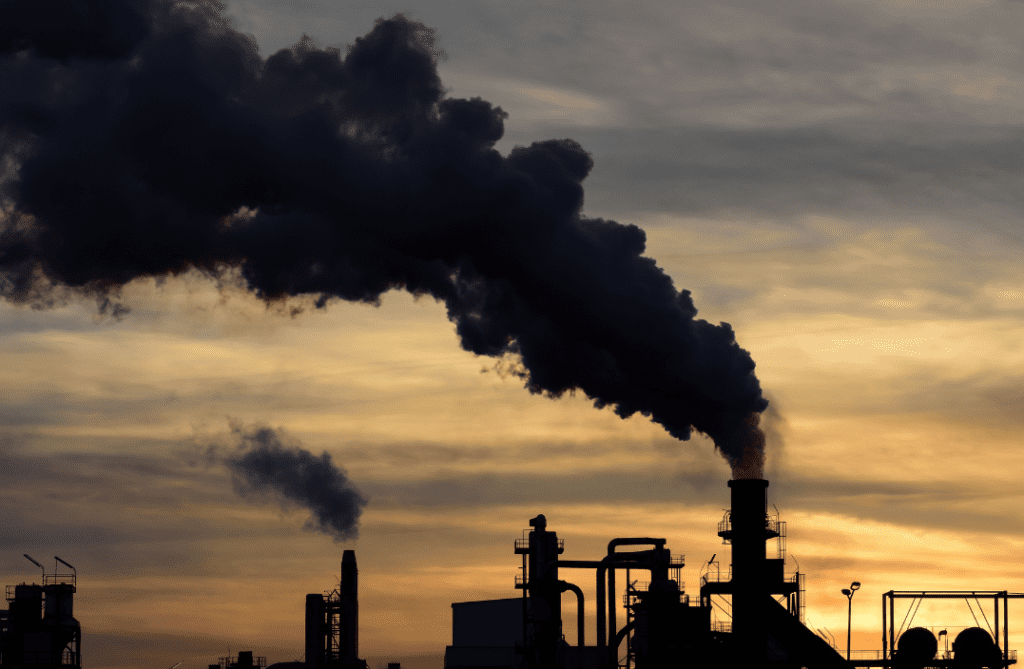COVID-19 Impact on Carbon Emissions
When the COVID-19 pandemic hit last March, most people quickly found themselves confined to their homes. With international borders, tourist attractions, and most stores closed, there was virtually nowhere to go. Stories began to circulate in the media about the many ways that nature was reclaiming the land. Although the economic and social costs have been difficult, nature’s rebirth shows us what’s possible when we do things differently!
In many ways, the global reduction in travel has been a win for the environment; one study found that compared to average 2019 levels, daily global CO2 emissions decreased by approximately 17% by early April 2020, and at their peak, emissions in individual countries decreased by approximately 26%. Almost half of these emissions were a result of reduced surface transport.
Along with this shift, many global fashion events were forced to go virtual. It’s estimated that fashion buyers and designers alone contribute 241,000 tons of CO2 emissions a year just from attending global fashion weeks, which is more than the total emissions of a small country such as Saint Kitts and Nevis. This number doesn’t even include the models, press, and other staff involved behind the scenes, the setup and tear down of the stages and sets, or all the waste that’s generated before, during, and after the event.
Carbon Footprint of the Internet

The fact that we haven’t been able to physically see our coworkers, and in many cases loved ones, has forced us to rely more heavily on other forms of communication such as virtual hangouts, Zoom meetings, email, and social media. So, it’s no surprise that around the world internet usage and streaming services are surging.
Evelyn Mora, the founder of Helsinki Fashion Week, reminds us that going digital doesn’t necessarily mean going sustainable – this is a large misconception.
As it turns out, every call, text, email, internet search, and Netflix stream has an associated carbon footprint. Granted, this virtual footprint is far smaller than the transportation or building sectors, but seeing as though 4.1 billion people are now using the internet, it’s a footprint that shouldn’t be ignored.
The information and communications technology (ICT) industry, which includes the Cloud and all internet and communication services, produces over 830 million tonnes of carbon dioxide annually, or 2% of global CO2 emissions, which is the same as the aviation industry. These emissions come from the vast invisible infrastructure required to house and power the numerous servers all around the world, which rely largely on fossil fuels for power. According to Mike Berners-Lee, a fellow at Lancaster University who researches carbon footprints, the footprint of a regular email is 4g CO2e and 50g CO2e for one with a photo or large attachment. Additionally, the footprint of a single google search is 0.2 – 7g of CO2e. These numbers may seem small, but considering how many times a day the world uses Google and how many emails are sent, these emissions quickly add up! As more people and businesses begin to embrace the virtual world, the digital impact we’re having on the environment is only likely to increase.
Pre-pandemic, FTA’s WEAR series was a physical, in-person conference. While we always tried to minimize our carbon footprint in the planning and execution of these conferences by reducing food and plastic waste, offering only vegetarian meals, and using Bullfrog to power our events whenever possible, we are now equally conscious of our virtual footprint as a result of our online WEAR webinar series. As such, we’re thrilled to be able to partner with South Pole to offset our virtual carbon emission footprint.
South Pole
If renewable energy isn’t available for events, offsetting your emissions using carbon credits is a great alternative. South Pole is an organization that develops carbon projects around the world that support community development, protect ecosystems or install efficient technology to reduce or remove emissions from the atmosphere. Carbon credits are generated from these projects and are made available for organizations, like FTA, to offset their emissions.
FTA is grateful for the in-kind support from South Pole who has offset 3.48 tonnes of carbon dioxide equivalent that resulted from our virtual WEAR webinar series in 2021.


